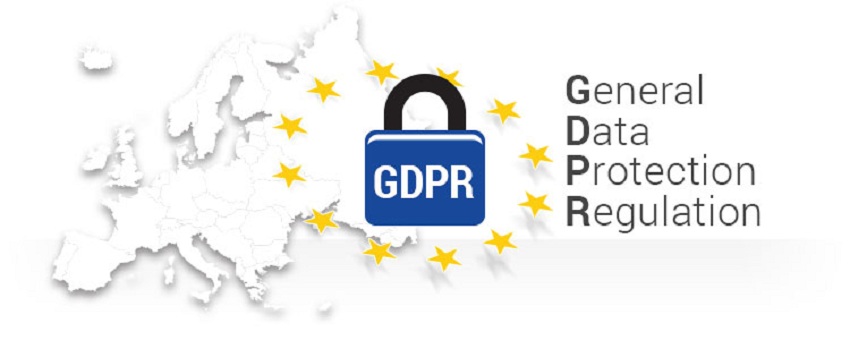
The GDPR has implications for the main WordPress software, and most WordPress sites will probably use add-ons or features that are included in the GDPR.
If you do not allow public recordings, you may not think that you collect data from your visitors, but I bet you do it without necessarily knowing it …
Examples include:
- Comments on your site (WordPress saves the email address, IP address and name. Remember it?)
- User records (Evidently)
- Contact form entries (especially if you store this information in your database)
- All the analysis tools that you use
Basically, it affects you if you collect any type of data, even unintentionally (as with the comments, when did you look at the data for the last time?).
Does WordPress do something regarding GDPR?
As you can see in the previous list, some of the things that could put you in violation with the GDPR are actually WordPress functions.
That is, it’s hard not to go against the GDPR by simply running WordPress.
To solve this problem, the core WordPress team has a conformance label #GDPR courses and is working on how to develop GDPR compliance in the main WordPress software.
Discussions involve adding GDPR Compliance Tools to the kernel to help webmasters comply with the GDPR, as well as documentation of what WordPress webmasters must do to comply with the GDPR.
Furthermore, it is not only the main team that must pay attention to the GDPR. Plug-in developers should also take responsibility for making their plugins compatible.
Reactive plug-in developers are already doing it. For example, many contact form add-ons have pages with GDPR compliance.
WordPress add-ons to help fulfill GDPR
Beyond the changes in the main WordPress software and the existing add-ons, some developers have also created add-ons to help webmasters comply with the GDPR.
In addition to providing you with a practical checklist for the changes you need to make manually, it also offers integrations to …
- Contact forms 7
- WooCommerce
- WordPress Comments
Give users a page where they can request their user data. Users can see all their data and request its removal if necessary. This also includes add-ons for …
- Forms of seriousness
- MailChimp
- WooCommerce
- The calendar of events
- Event Manager
What does the average WordPress user need to do with respect to GDPR?
As an average WordPress user, the situation is not as bad as a global digital company that will call attention to compliance issues.
If you are in the EU or if you receive a lot of EU traffic, you should …
- Be aware of what the central team does to know when to activate certain functions of your site.
- See if any of your add-ons that collect user information have provided documentation on how to comply with GDPR. As I showed you above, many popular plugins have already done it.
- Consider using a plugin like WP GDPR Compliance if you’re worried
- That’s all there is to know about the GDPR. Have you already started implementing this on your site? Feel free to share your experience.
